43. How Did a 1980s Evangelical Book Warn about ‘Turmoil in the Toy Box’?
Podcast: Play in new window | Download (Duration: 45:37 — 43.1MB) | Embed
What if you put Yoda, a G. I. Joe, He-Man, Skeletor, a Care Bear, and more nostalgic 1980s toys into a yellow box, and sent it hurtling at you through a green void, hurled by a shadowy figure in the background that could only be The Devil? That’s the cover of a book from vintage 1980s evangelical culture, and we’re exploring turmoil in toy boxes just in time for this holiday season.
Sponsor: The Pop Culture Parent
Parents often feel at a loss with popular culture and how it fits in with their families. They want to love their children well, but it can be overwhelming to navigate the murky waters of television, movies, games, and more that their kids are exposed to every day.
Popular culture doesn’t have to be a burden. The Pop Culture Parent equips mothers, fathers, and guardians to build relationships with their children by entering into their popular culture–informed worlds, understanding them biblically, and passing on wisdom.
This resource by authors Jared Moore, E. Stephen Burnett, and Ted Turnau provides Scripture-based, practical help for parents to enjoy the messy gift of popular culture with their kids.
Introducing Turmoil in the Toy Box (1986)
From the back cover:
A shocking exposé of the toy and cartoon industry. It reveals the hidden dangers found in He-Man and Masters of the Universe, Barbie, Rainbow Brite, G.I. Joe, Smurfs, Dungeons and Dragons, Care Bears, ThunderCats, E. T., Cabbage Patch, to name a few. This book unmasks the New Age, Occult, Violent, and Satanic influences that have invaded the once innocent toy box. TURMOIL IN THE TOY BOX also explains the importance of play, and how toys can enhance or stunt a child’s development. In addition, this book provides the reader with an alternative to today’s more popular toys.
- This book first released in 1983 from a company called Starburst.
- Author Phil Phillips was a traveling evangelist who became concerned about toys.
- Since then, Phillips seems to keep a low profile since this book (and similar followups).
- The book is largely forgotten, yet it seems to have contributed to some evangelical “moral panics” in the 1980s and 1990s.
- One website, Cartoon Brew, revisited the book a few years ago. This is one rare example of a non-Christian resource’s fair evaluation.
Concession stand
- We will be kind. This author meant well.
- Nothing we say questions media discernment.
- Nothing we say challenges the threat of the occult or Satan.
- But: occult harm comes by the heart, not by “catching” symbols’ evils.
- Also: Stephen can’t personally vouch for the 1980s toys, of which he had few.
1. This book could have been much worse; the author shows good will.
- Phillips makes some positive references to child psychology
- The book shares healthy warnings about consumerism and binge-watching.
- Even better, he offers encouragement for parents to play with their kids and stimulate imagination!
2. Still, the book merely assumes evils of occult ‘symbolism.’
With the influx of television in our lives, it often shapes the personalities that children give to their toys. Today, many major toy companies simultaneously release toys and cartoons. As a result, when children watch cartoons, images are formed in their minds regarding how the toy should behave and the various “powers” it has. … When a child watches a cartoon and then plays with a toy connected to that cartoon, he is no longer projecting himself into the toy. Instead, cartoons have programmed the child to play with toys in a certain way. … For this reason, it is not healthy for children to play with toys linked to television shows. When a toy is linked to occult symbolisms, the negative influences are more severe.
—Turmoil in the Toy Box, page 35 (emphasis added)
- The author jumps from rational and even “secular” arguments, to conclusions about the occult or Satan.
- He does not reason or shows from Scripture, but only assumes, these occult connections and their dangers.
- Ultimately the book shares both healthy warnings about children’s imaginative development, mixed with mysticism.
3. The book offers very little gospel; its reasoning is secular and/or moral.
- When Stephen re-read this book, he thought he would find lots of religious arguments.
- Instead, Phillips rarely argues from the Bible. He even engages a lot with secular culture.
- The author seems more adept with secular literature. If he mentions the gospel, it’s only in asides.
- But in a book about holiness and sin, you can’t just limit the gospel to asides. A Christian book must stress the gospel!
- Ultimately Stephen felt this book gave him good challenges when he first read it in the 1990s.
- It also gave him categories for grounding “pop culture parenting” more firmly in the gospel of Jesus Christ.
What do you think?
- Tell us about your favorite toys, and/or Christian warnings against them.
- As an adult, how do you look back at these kinds of alarmism in the Church?
- If you have your own kids, how do you view the need to discern and guard?
Stranger than fantastical fiction
- Scientists Put a Human Intelligence Gene Into a Monkey. Other Scientists are Concerned | Discover Magazine
- Where have we seen this before?
- “Coauthors asked whether a humanized monkey would fit into its society, or would live in inhumane conditions due to its altered genes.”
- This brings up ethical concerns. But does it make the monkey a human?
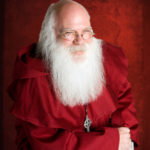 Next on Fantastical Truth
Next on Fantastical Truth
It’s that time of year, when the world falls in love and Christians fall into renewed debates about the clash of two titans: Jesus Christ versus Santa Claus. How might discerning fantasy fans react to this “matchup”? How might we even see the Santa legends (with commercialism, flying reindeer, and all) in light of Christ’s incarnation?





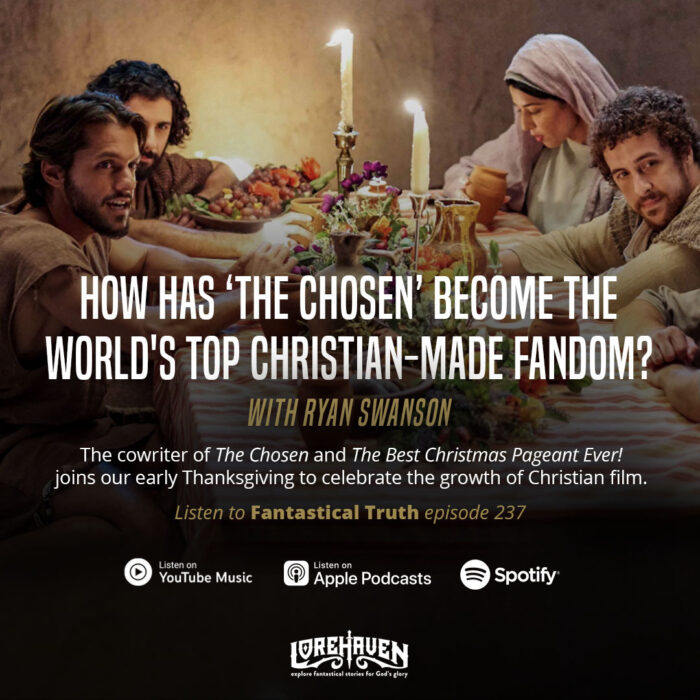
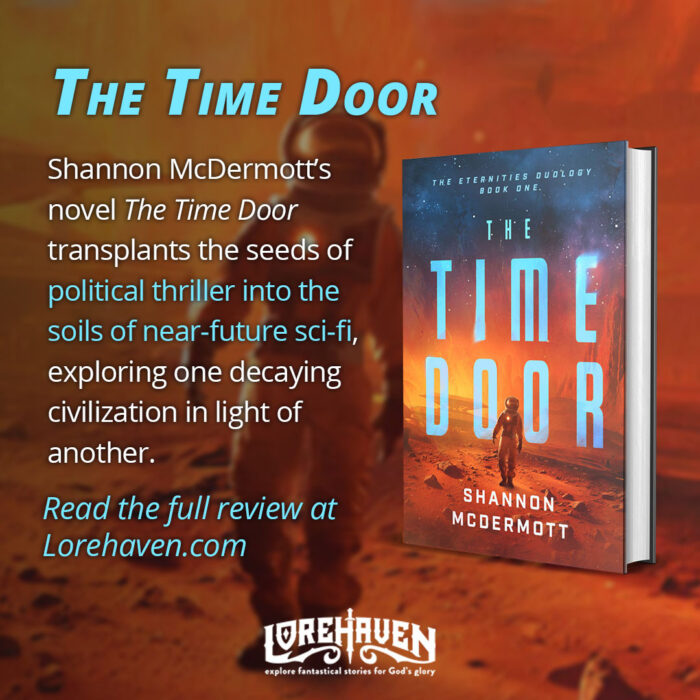

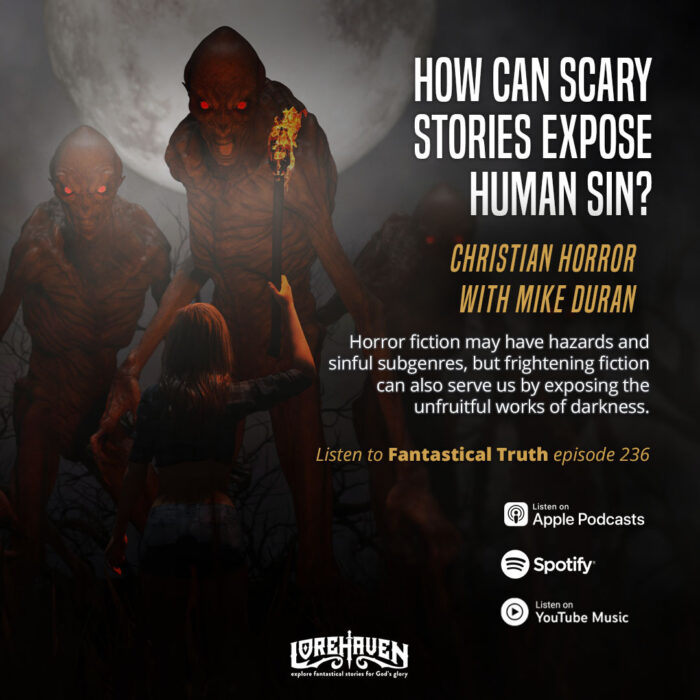



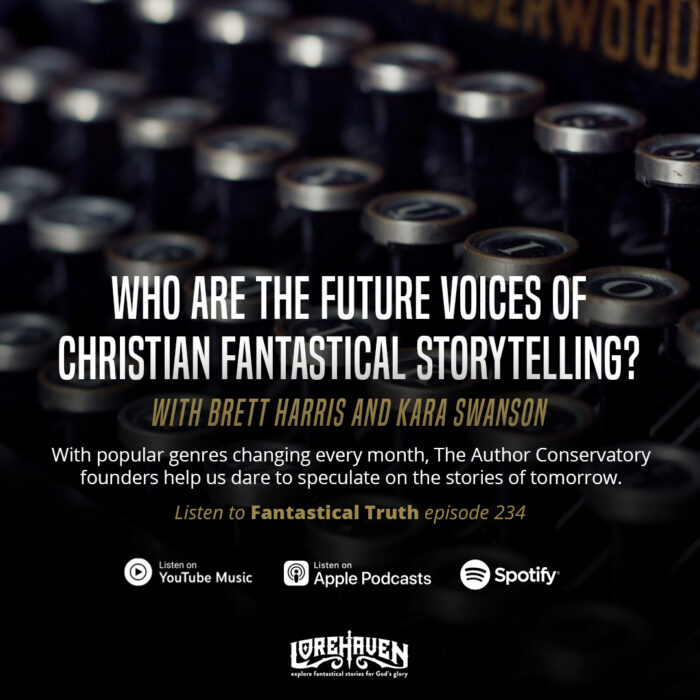


















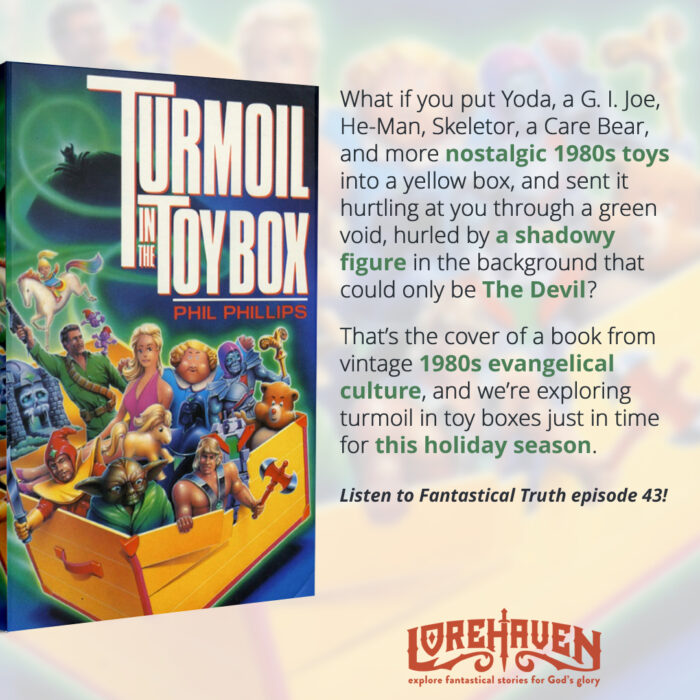





Share your thoughts, faithful reader (and stay wholesome!)